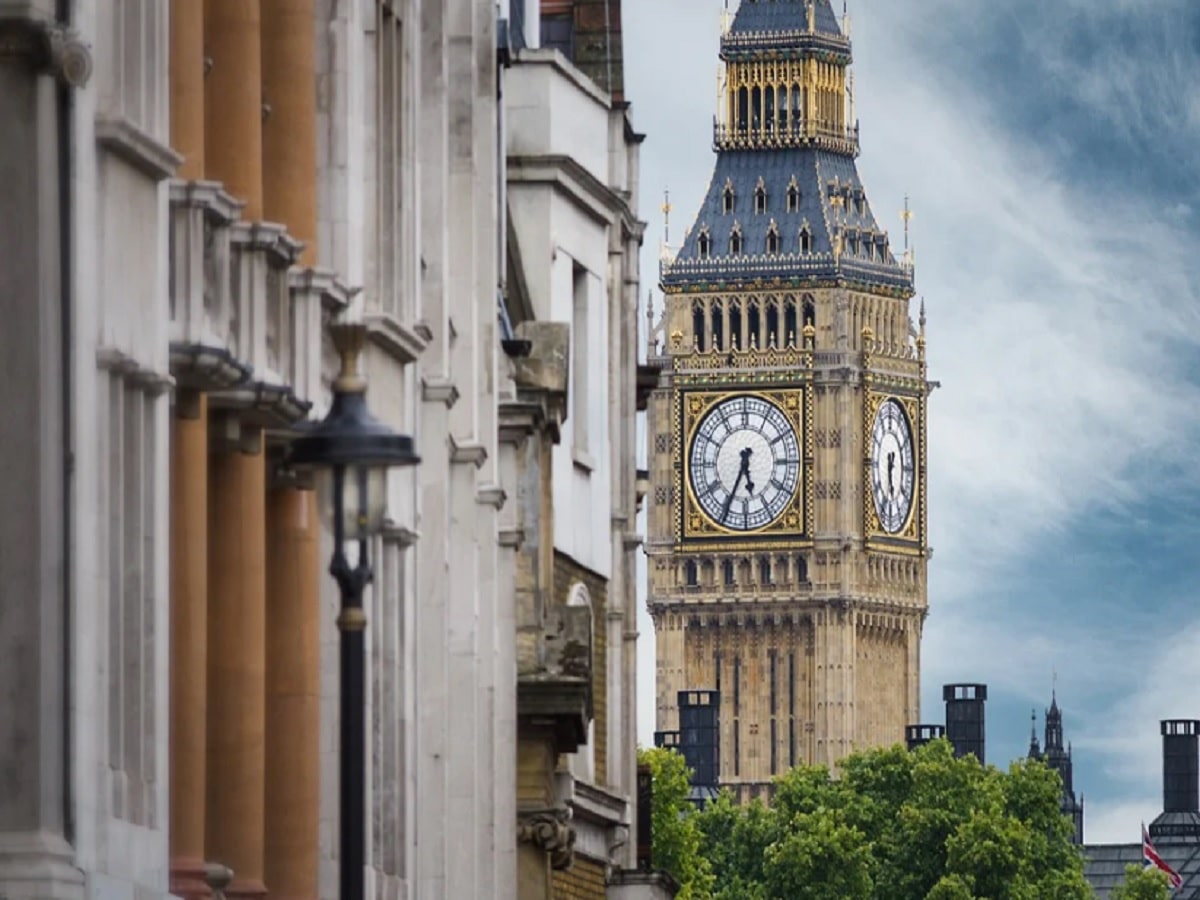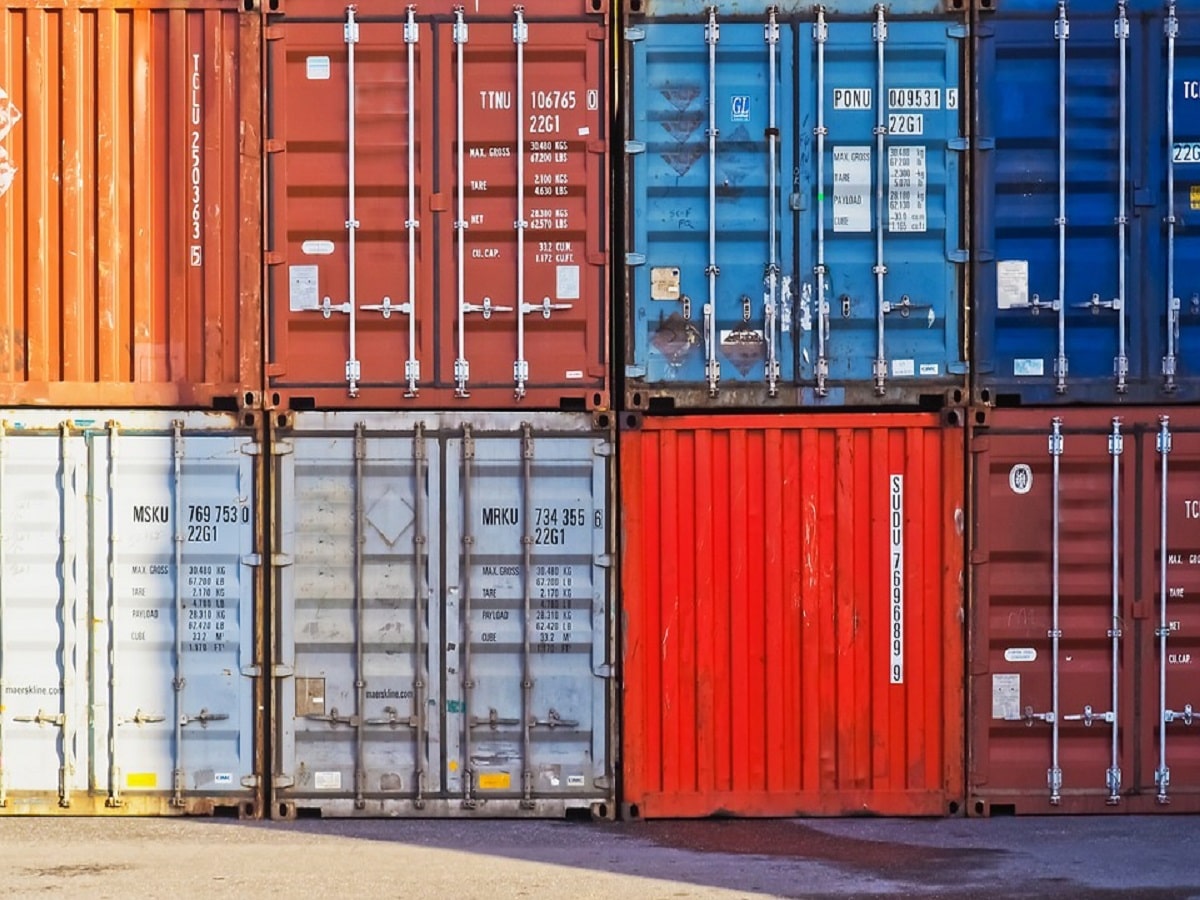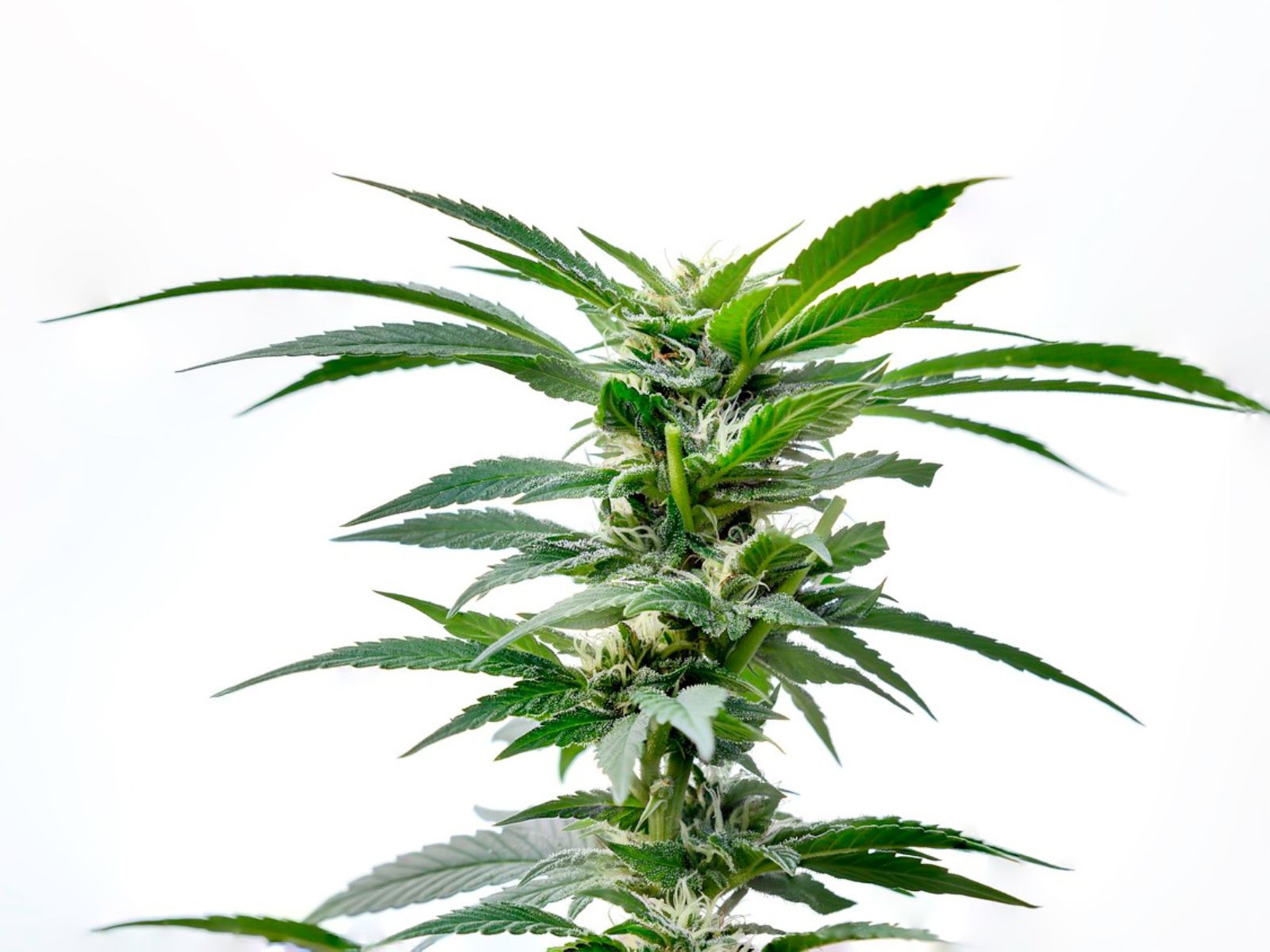
UK MPs Expect to Legalize Cannabis Within the Next 5 to 15 Years

UK MPs Expect to Legalize Cannabis Within the Next 5 to 15 Years
Three United Kingdom Members of Parliament, representing the Conservative, Labour, and Liberal Democrat parties all recently traveled to Canada on a fact-finding trip organized by the harm reduction group Volte Face and all came back proclaiming that the UK would legalize cannabis in the coming years. The three MPs had different opinions on how soon their nation would end prohibition, somewhat along stereotypical party lines. Labour’s David Lammy and the Liberal Democrats’ Norman Lamb predicting that legalization could be implemented within the next five years while Conservative Jonathan Djanogly stated that it would take 10 to 15 years to follow Canada’s lead. Lammy, the MP for Tottenham, has now gone against the Labour Party’s official stance on cannabis, writing in The Guardian about why Britain should legalize and improve upon Canada’s model:
On a trip to Toronto, filmed by the BBC for a short documentary being shown on Monday, I was able to see the world’s largest regulated market up close. Production occurs in sterile grow-houses filled to the ceiling with the green plants. Licensed stores, protected by security guards, sell a wide range of cannabis strains in air-conditioned surroundings that appear somewhere between a vape shop and a pharmacy. The THC and CBD levels are marked on labels like the alcohol content on a bottle of beer. Touchscreens allow users to choose between oils, leaf, pre-rolls and pills as easily as picking between a Quarter Pounder or chicken nuggets in McDonald’s.
The potential benefits of legal regulation go beyond hurting the bank balances of criminal gangs and reducing the disproportionate criminalisation of certain groups. In the UK, children find it easier to access cannabis than alcohol. Taking cannabis out of the hands of street dealers and putting it behind the counter in shops with security guards and ID requirements would help protect those under 18. For adult users, there would be more mellow alternatives to the super-strength skunk linked most closely to psychosis, which currently makes up around 94% of the black market. Regulation means we can control and lower the average THC levels significantly, reducing mental health concerns.
The biggest challenge is to make the regulated market attractive enough to beat the black market, but not to glamorise it in a way that will increase consumption. If implemented correctly, legal regulation should reduce social and health harms to a minimum. Bill Blair, the former Toronto police chief turned Liberal minister in Canada, has had the job of trying to find this Goldilocks point in Canada. At present, he has not achieved it. The price of legal cannabis is around $10 (£6) a gram, compared to $6.37 in the illicit market. There are too few dispensaries for many users to have access. As a result, the majority of weed in Canada is still sold illegally.
Whether it takes the UK five years to end cannabis prohibition, or up to fifteen years, a majority of the people and politicians know that legalization is coming. It’ll still take a lot of hard work from advocates, but there is simply no way that British citizens, businesses, and policy makers will stand around and watch other nations across the globe bring more freedom, jobs, and revenue to their shores, without eventually deciding that prohibition’s time to end has come.
The International Cannabis Business Conference is THE industry event to learn the latest and to network with top investors, entrepreneurs, and advocates. Next up: Vancouver, British Columbia, Canada, this September 15-16. Purchase discounted early bird tickets by August 21st to save.
Share article
Ticket Prices increase €200
On March 18th

Ticket Prices increase €200
On March 18th

Ticket Prices increase €200
On March 18th
Share article
Join Our Awesome Community
Join Our Awesome Community
Join Our Awesome
Community
Get all the latest industry news
delivered to your inbox







